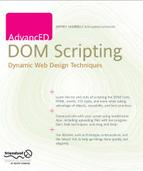Barry Gustafson - Labours Path to Political Independence
Here you can read online Barry Gustafson - Labours Path to Political Independence full text of the book (entire story) in english for free. Download pdf and epub, get meaning, cover and reviews about this ebook. year: 2012, publisher: Auckland University Press, genre: Politics. Description of the work, (preface) as well as reviews are available. Best literature library LitArk.com created for fans of good reading and offers a wide selection of genres:
Romance novel
Science fiction
Adventure
Detective
Science
History
Home and family
Prose
Art
Politics
Computer
Non-fiction
Religion
Business
Children
Humor
Choose a favorite category and find really read worthwhile books. Enjoy immersion in the world of imagination, feel the emotions of the characters or learn something new for yourself, make an fascinating discovery.
- Book:Labours Path to Political Independence
- Author:
- Publisher:Auckland University Press
- Genre:
- Year:2012
- Rating:3 / 5
- Favourites:Add to favourites
- Your mark:
- 60
- 1
- 2
- 3
- 4
- 5
Labours Path to Political Independence: summary, description and annotation
We offer to read an annotation, description, summary or preface (depends on what the author of the book "Labours Path to Political Independence" wrote himself). If you haven't found the necessary information about the book — write in the comments, we will try to find it.
Labours Path to Political Independence — read online for free the complete book (whole text) full work
Below is the text of the book, divided by pages. System saving the place of the last page read, allows you to conveniently read the book "Labours Path to Political Independence" online for free, without having to search again every time where you left off. Put a bookmark, and you can go to the page where you finished reading at any time.
Font size:
Interval:
Bookmark:
A political party is a complex, dynamic, continuously changing institution; it is not a simple, static, impersonal structure. Parties over a period of time respond organically to social change because they are inextricably caught up at many points by and in the continuous process of social evolution. If the changes in society are of sufficient magnitude and if an existing party fails to respond adequately, that party may well degenerate and eventually be replaced by a new party. The Labour Party in New Zealand evolved in response to the transformation of the Liberal Party and Government after 1900 into a conservative, status-quo party unwilling to satisfy the radical demands and the increasing aspirations of urban and rural wage-earners. Particularly during the war years, 1914-18, when Liberal and Reform parliamentarians were forced to accept joint responsibility for the soaring cost of living, for failure to curb war profiteering , for the conscription of men but not wealth, and for repressive measures taken against critics of the government, the less well-to-do sections of New Zealand society turned in increasing numbers to a new party, the most visible and vocal members of which were actually members of the class whose interests they claimed to understand and represent. Because major political parties contain within themselves the history of their nation, the NZLP reflected the political, economic, and social history of New Zealand during the years of the partys advent from 1900 to 1919. The war years, 1914-18, were uniquely traumatic years of great drama and emotion and of far-reaching importance in the nations history. For that reason the latter part of this book is undoubtedly much more colourful and may prove more interesting to the general reader.
Labour started its life as a party of protest, the collective spokesman for the discontented sections of society who felt frustrated economically, who believed that Ireland was unjustly repressed, who were opposed to conscription, who detested land aggregation and speculation, who hated war profiteering, or who were generally dissatisfied with the society in which they lived and believed that a more just and egalitarian future was possible. Many of those issues reinforced each other in generating intense partisanship among the urban industrial workers and especially among the Irish-Catholic miners of New Zealands geographically isolated, economically backward, and culturally unique West Coast. The Labour movement, and the political party that emerged from that movement, was from the start an uneasy coalition. The majority of wage-earners and their families were not interested in theories derived from overseas philosophers but in improving their immediate standard of living. They wanted adequate food, clothing, and shelter; a guaranteed job with reasonable conditions and regular wages; security in illness, old age, or misfortune; and hope of an even better tomorrow for their children. Their goal was the abolition of their own poverty and its accompanying anxiety, misery, humiliation, and frustration , by reforming capitalism. A minority, among whom were some of Labours leaders, wanted to go beyond those shared short-term objectives and create a co-operative commonwealth, a new society based on social justice, economic equality, and participatory democracy. Although never as radical as some of its public statements suggested, this minority genuinely believed many of the theories gleaned from imported books and pamphlets and tried to apply ideological perspectives and remedies to the New Zealand situation. At first some put their trust in the creation of one big union which they hoped would one day destroy the capitalist economic system itself and free the majority of people from the wage-dependent relationship that reduced the power and humanity of the majority of people while concurrently increasing the luxury, power, and status of a privileged minority. Only then could men and women be really free for, it was argued, the coercion inherent in capitalist-bourgeois society could not be removed by the construction through parliamentary means of a welfare state or by statutory limitation of exploitation and inequality. Invariably, however, when forced by circumstance to choose between ideological consistency and pragmatic realism, even Labours more radical wing pursued definite short-term aims by practical means.
As a result, the moderate and militant factions discernible in the Labour movement after 1900 came much closer together and, with a few exceptions, coalesced finally in 1916. The militants, who had at first despised political action and sought to end the wage system by creating one big union and smashing capitalism on the industrial battlefield, reviewed their position after the 1912 and 1913 strike defeats, which revealed not only the danger of disunity but the strength of political power. Certainly, there were those in the Labour movement who continued to advocate a more extreme version of socialism or who preferred industrial militancy as a means of destroying the wage system to political action to reform it. Thus, the New Zealand Communist Party and the Alliance of Labour came into being to the left of the Labour Party after 1919. Until the depression of the 1930s, Labour was also unable to bridge the gulf between town and country, in spite of its efforts to attract the small farmers, or finally win over a section of the urban workers held to the dying Liberal Party by residual partisanship forged a generation before. But by the 1919 election, Labour was a relatively united, independent political party. It had eight Members of Parliament, a quarter of the vote and a nationwide organization. It had established electoral strongholds in the four main centres and on the West Coast of the South Island which it has never lost. The old Liberal-Labour political alliance had finally been severed and Labour at last stood alone. It had come to the end of the path to political independence and was about to embark on an equally long journey towards the treasury benches.
This book, which describes and analyses the origins and establishment of the New Zealand Labour Party over the first two decades of the twentieth century, had its genesis in a thesis prepared in 1961 for a Master of Arts degree at the University of Auckland. At that time I was fortunate in being able to interview a number of survivors of Labours formative years, notably Sir Walter Nash, J. T. Paul, H. G. R. Mason, T. Bloodworth, F. Langstone, and T. Walsh, and also J. A. Lee, who knew many of Labours pioneers in their later years. Mr Paul gave me access to his library and papers, which fifteen years later I was to examine even more carefully. This book, however, has been so extensively revised, using material not available then, as to be virtually a new work.
Researchers and authors accumulate many debts, not all of which can be acknowledged adequately in a preface. Among those who must be mentioned specifically here are the late Willis Airey, who introduced me to academic observation of the Labour Party; Robert Chapman, who over twenty years has shared with me his unique insight into New Zealand politics; Keith Sinclair, who encouraged me to write this book and subsequently was responsible for a number of improvements in the text; and Bert Roth, who also read the manuscript with a critical eye and generously filled in from his own extensive files biographical details which I was having trouble obtaining . Dennis McEldowneys contribution as editor went beyond the technical reproduction and the elimination of clumsy expressions and confusing errors. Enid Broad typed the manuscript while simultaneously deciphering numerous emendations. Among the many librarians who assisted, S. R. Strachan, at the time archivist of the Hocken Library, Dunedin, and Lorraine Wilson, of the Auckland Museum and Institute Library, deserve special thanks. The University of Auckland Research Committee made available funds for research in Wellington, Christchurch, and Dunedin, and for the cost of searches carried out by the Registrar of Births and Deaths. Finally, but by no means least, I would like to thank my wife, Margaret, for her encouragement and patience and to her I dedicate this book.
Font size:
Interval:
Bookmark:
Similar books «Labours Path to Political Independence»
Look at similar books to Labours Path to Political Independence. We have selected literature similar in name and meaning in the hope of providing readers with more options to find new, interesting, not yet read works.
Discussion, reviews of the book Labours Path to Political Independence and just readers' own opinions. Leave your comments, write what you think about the work, its meaning or the main characters. Specify what exactly you liked and what you didn't like, and why you think so.

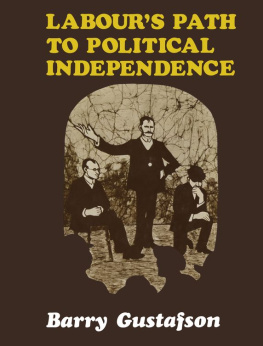
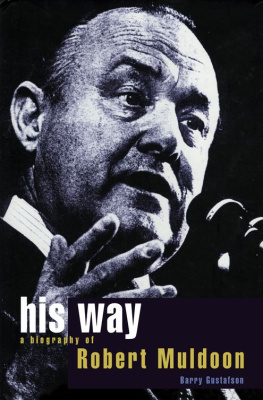


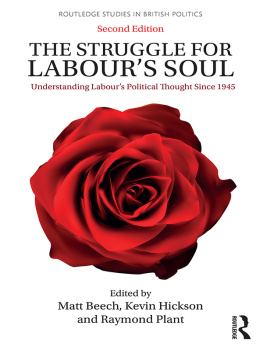

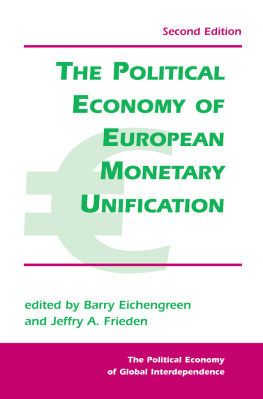

![Becky Doughty [Unknown] - Gia & the Blast from the Past](/uploads/posts/book/140018/thumbs/becky-doughty-unknown-gia-the-blast-from-the.jpg)
![Becky Doughty [Unknown] - Renata and the Fall from Grace](/uploads/posts/book/140017/thumbs/becky-doughty-unknown-renata-and-the-fall-from.jpg)
